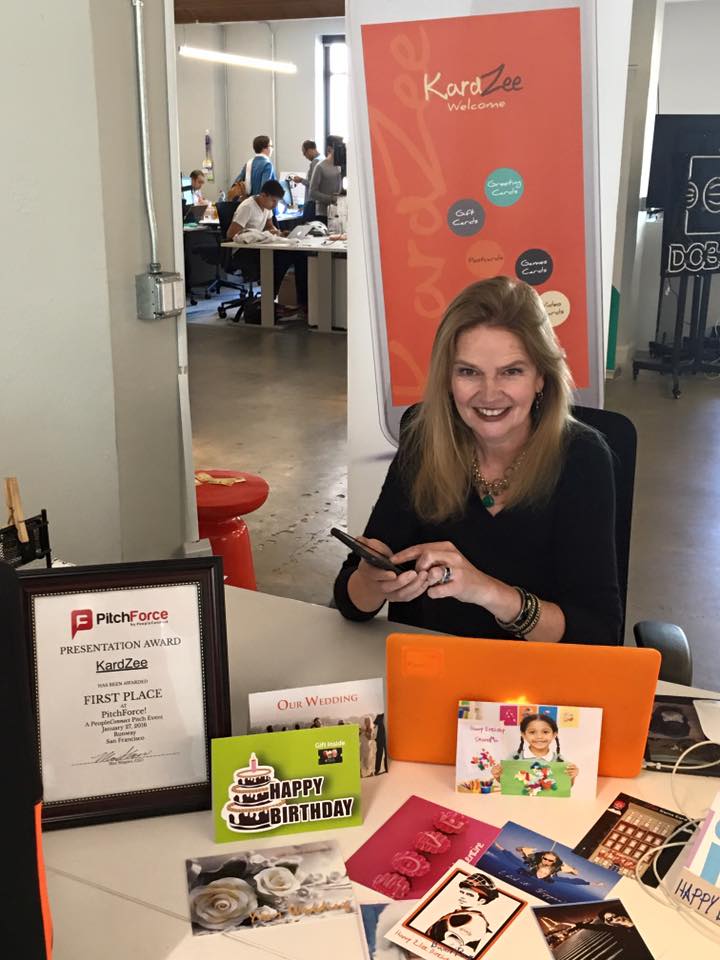By Marissa Lang
San Francisco Chronicle
WWR Article Summary (tl;dr) Tech startups are increasingly moving into old-line industries. Apparently Vinyl is cool again, as are mixtapes. Letters, cards and other types of written correspondence are also inspiring several startups to figure out ways to give present day communication tools that personal, old school touch.
San Francisco Chronicle
Birthdays bring a barrage of emails, texts, Facebook posts. Graduations are Instagrammed. Holidays have hashtags.
New technology has usurped and, in some instances, eliminated the need for analog modes of communication — like handwritten letters, postcards and the long-lost art of the mixtape.
And that, entrepreneurs insist, is exactly why they’re coming back.
Tech startups are increasingly moving into old-line industries, because what was once considered antiquated has come full circle. Vinyl is cool again, as are mixtapes — although the newer versions don’t actually use tape. Letters, cards and other types of written correspondence seem to have impact Facebook posts can’t match.
“Everything is cyclical,” said Keverne Denahan, founder and CEO of the company that makes newly released card app KardZee.
“We’ve gotten so far away from the physical warmth of cards and seeing your loved one’s handwriting on paper with all this technology. People miss it. They miss that feeling.”
More than half a dozen startups have made a business of allowing people to send paper cards without ever stepping foot in a stationery store.
These card startups vary in purpose and method: Some offer typed cards with custom messages, others promise handwritten notes scribed by artists and calligraphers. What they all have in common is the ease they purport to bring to their customers: With the same amount of effort as sending a text message, many such companies boast, users can send a physical note.
The Punkpost app connects users with professional handwriters. Other people cannot mimic a person’s handwriting, so the message is ultimately written in a different script than the person’s own.
Inkly, a European company, asks its users to write their message on a blank white paper, snap a photo of it, and then the app will superimpose that written message onto a card.
Bond, a New York card startup, asks users to select from a list of sample handwriting fonts to find the one closest to their own scrawl by narrowing the choices according to type (print or cursive) and tone (casual or fancy).
In building KardZee, Denahan and Chief Technology Officer Brad Duffy created a writing test to teach the app its users’ handwriting. The test, which takes about five minutes to complete, asks users to write individual letters, punctuation marks and numbers on a prompt that looks like a kindergarten worksheet.
Once the test is complete, customers can type or dictate messages to send on cards as if they were composing a text — but the note will ultimately appear as if they had written it themselves.
The idea came to Denahan two years ago, when she and Duffy, her husband, were vacationing in the Sierra. Her parents’ anniversary had crept up, and she had forgotten to buy a card before they left their home in the Bay Area.
“My parents are in their 80s, there’s no way I could send them an e-card,” she said. “They want a real card in my handwriting. And they know my handwriting.”
Punkpost president Santiago Prieto said he and co-creator Alexis Monson decided to start their on-demand card company after he received a good-luck card — his first in a long time — and was struck by the thoughtfulness of handwritten messages.
“I feel like society is in this teenage angst stage with technology, where we love Instagram but we hate Instagram; we love Facebook, but we hate Facebook,” Prieto said. “We’re trying to figure it out, but tangible communication is still the gold standard. It still speaks to us in a way that technology can’t touch.”
Prieto compared the writing industry to the music scene: Now that people can access millions of songs from their mobile phones, customers are seeking out simpler, more curated experiences like vinyl records and personally crafted mixtapes.
Several startups have latched on to the idea that when playlists are limited to the space afforded by an old cassette tape or CD — about 15 to 20 songs — the selections become more meaningful. Some, like Milktape, offer cassette lookalikes that can be physical gifts, though the device connects to computers through a USB port.
This kind of retro innovation exists in the space between old and new.
Denahan, who at 52 is an unusual entrepreneur in a startup circuit dominated by young men, said she’s been surprised by how many of those men seem excited at the prospect of being able to send cards from their phones.
“We thought our core customer base would really be the Pinterest generation — young women, maybe 30 to 55, who understand technology and know how to use it but see the value in having something tangible,” Denahan said. “What we didn’t realize was how much these young tech guys would like it. They come up to me and say, ‘My mom wants a card for her birthday, I need to send my grandma a thank you note.’ At (a) pitch event I stood up there, with mostly men in the audience, and said ‘Valentine’s Day is coming up. And we’re here to save your ass.'”















































































































































































































































































































































































la joie skincare
May 29, 2018 at 6:12 pm
Great article.
Promosbobet.net
June 2, 2018 at 6:15 am
Can you tell us more about this? I’d want to find out some additional information.